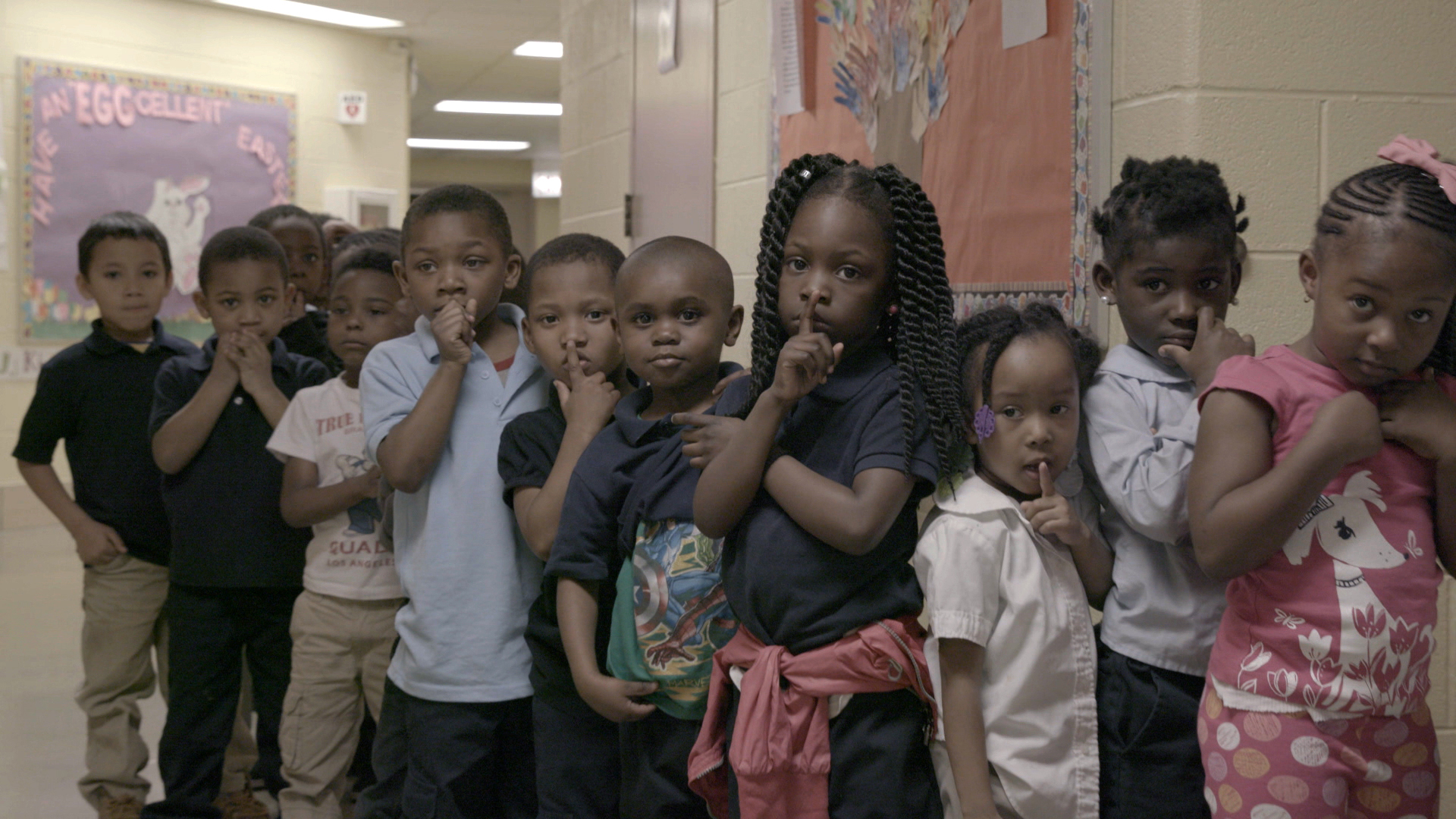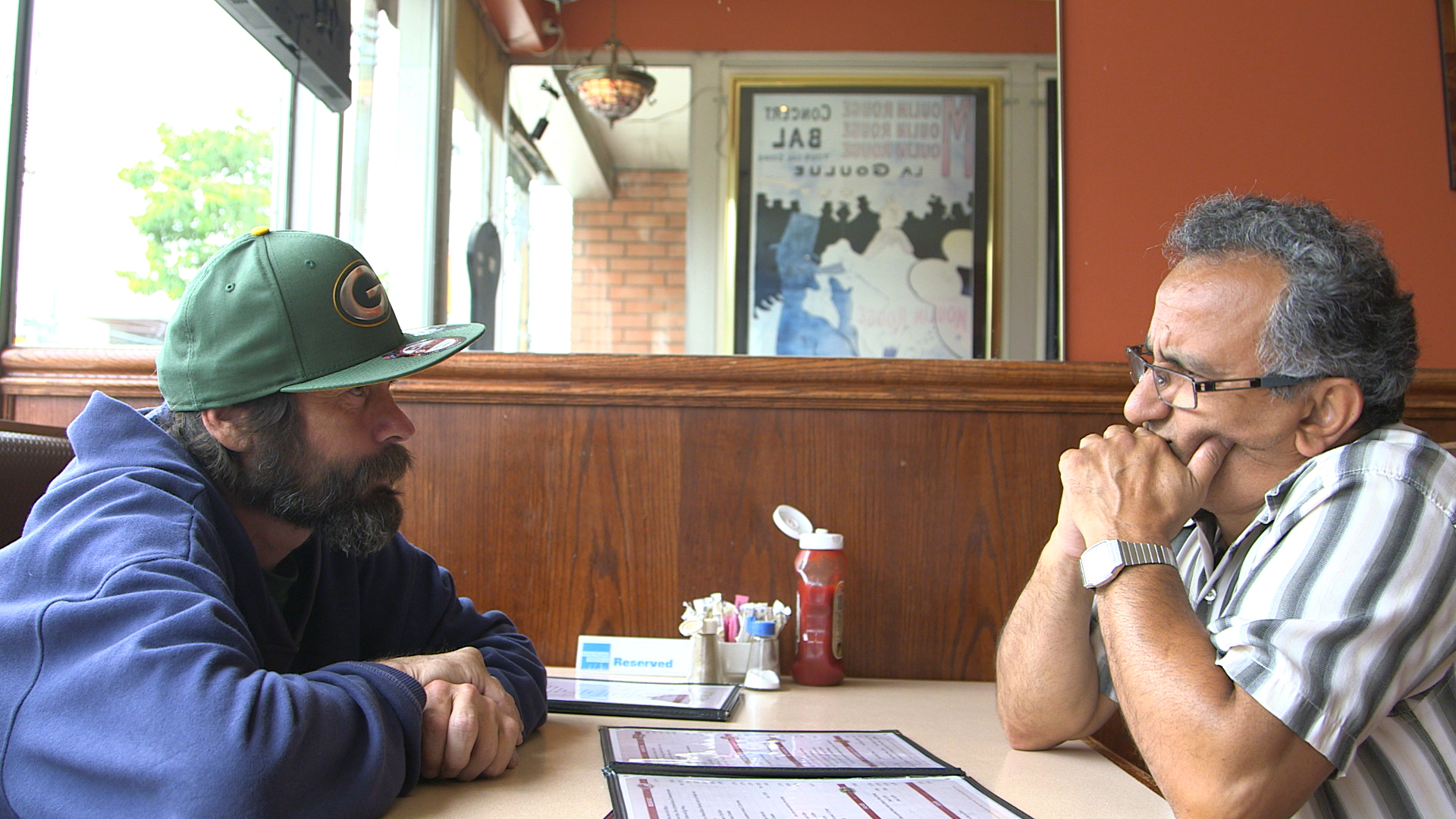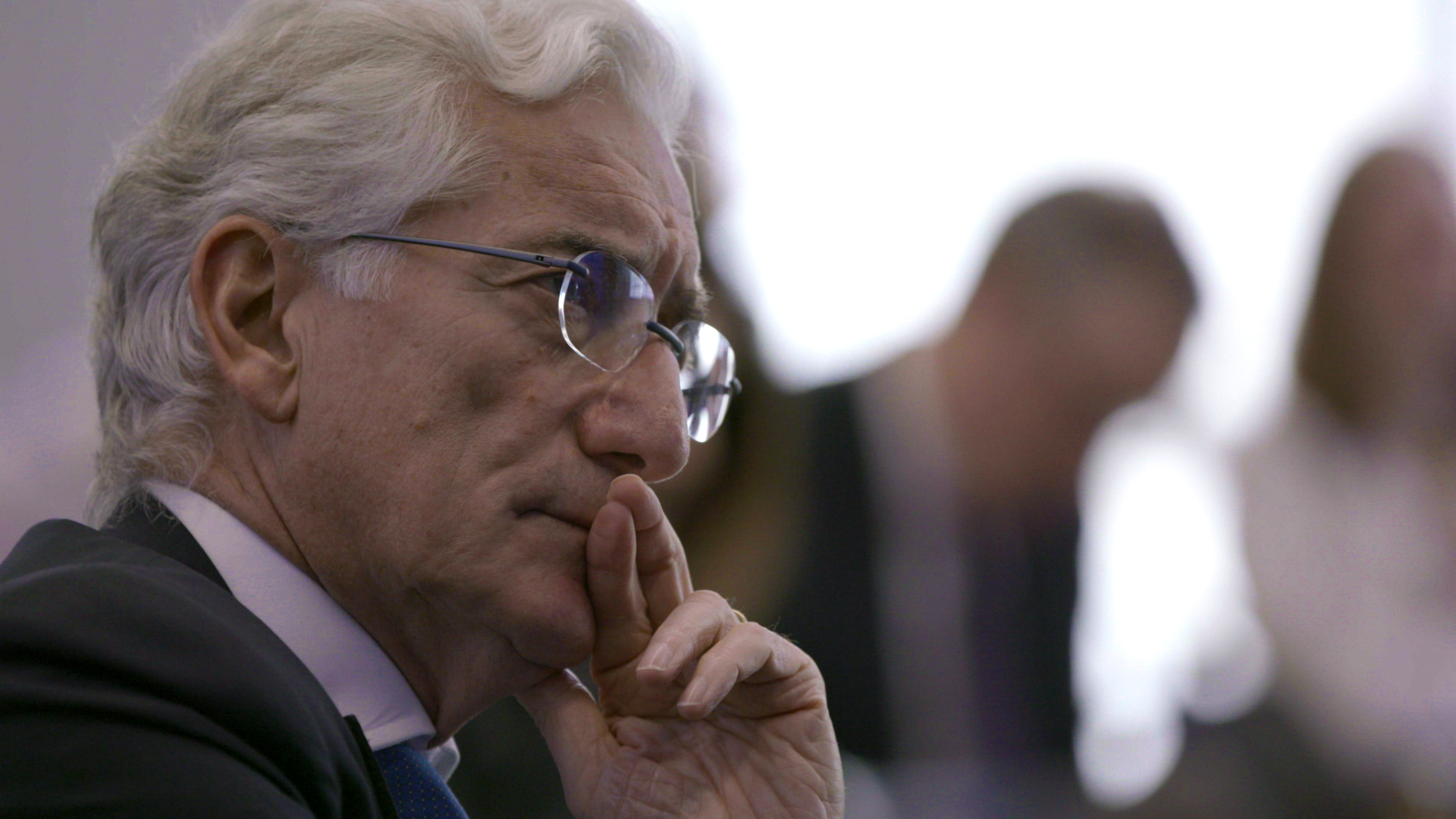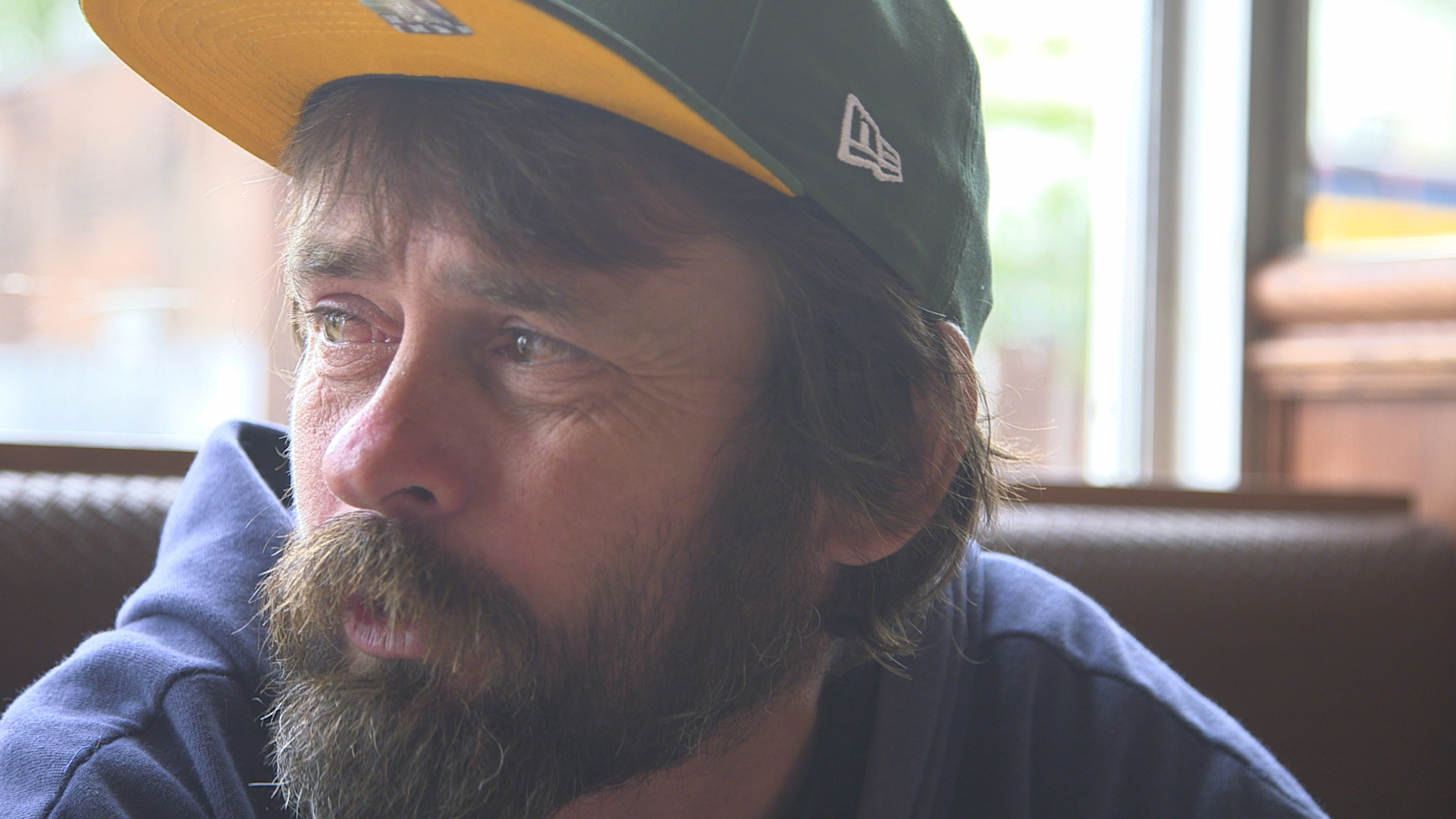The Invisible Heart
A film by Nadine Pequeneza
80 minutes, color, Canada, 2018
DVD includes: Closed Captions and Chapter Selections
Synopsis
The Invisible Heart provides an expansive and compelling overview into the world of social impact bonds (SIBs). The film calls into question the responsibilities of governments and private citizens as it follows many stakeholders’ viewpoints on this innovative social endeavor: policymakers, billionaire investors, under-resourced nonprofit leaders, professors and most importantly, those who need this help the most. Through an observational and character-driven framework, The Invisible Heart educates on what happens when social services and venture capital collide.
The Invisible Heart has the potential to resonate with a variety of audiences. For university students, the film could find a home in Economics, Political Science, Public Policy, Sociology, or Urban Studies departments. For high school students, the film fits into English, History, Economics and Civics classes. And for adults working hands on either in finance or social services, The Invisible Heart provides new information about solving social ills.
Reviews
“A good documentary enthrals and informs you, even if you went into it without any clue of what it was about. The strength of The Invisible Heart lies within its cast of characters…the faces of real people are what makes the Heart so potent.”
Trent Wilkie, The Trent Wilkie
“The Invisible Heart has come to offer both sides of the ongoing SIB debate with sober judgement and a human face.”
Sierra Bilton, Vue Weekly
“The Invisible Heart takes a deep look at social impact bonds and raises multiple questions for governments, including the idea of the government paying profits to investors.”
Jordan Press, Canadian Press
“Social impact bonds ‘problematic’ says director of
new social finance documentary The Invisible Heart.”
Danny Glenwright, The Philanthropist
“The Invisible Heart weighs the ethics of putting human rights causes like housing and education in a relationship with capitalist interests.”
Pat Mullen, POV Magazine
Articles and Resources
- Investing in Results: The Promise and Reality of Social Impact Bonds
- Social Impact Bonds: Reflecting on Global Practice
- Pay For Success Facts
- Goldman Sachs – Social Impact Bonds
- GSG – Social Impact Investment Resources
- Social Impact Bonds: The Role of Private Capital in Outcome-Based Commissioning
- Profiting from Public Values: The Case for Social Impact Bonds
- Social Impact Bonds: The Anti-Philanthropy
- Social Impact Bonds: An Update
- The Downside of Social Impact Bonds
- Why Pay For Success Financing Could Cost Taxpayers More Than They Bargained For




